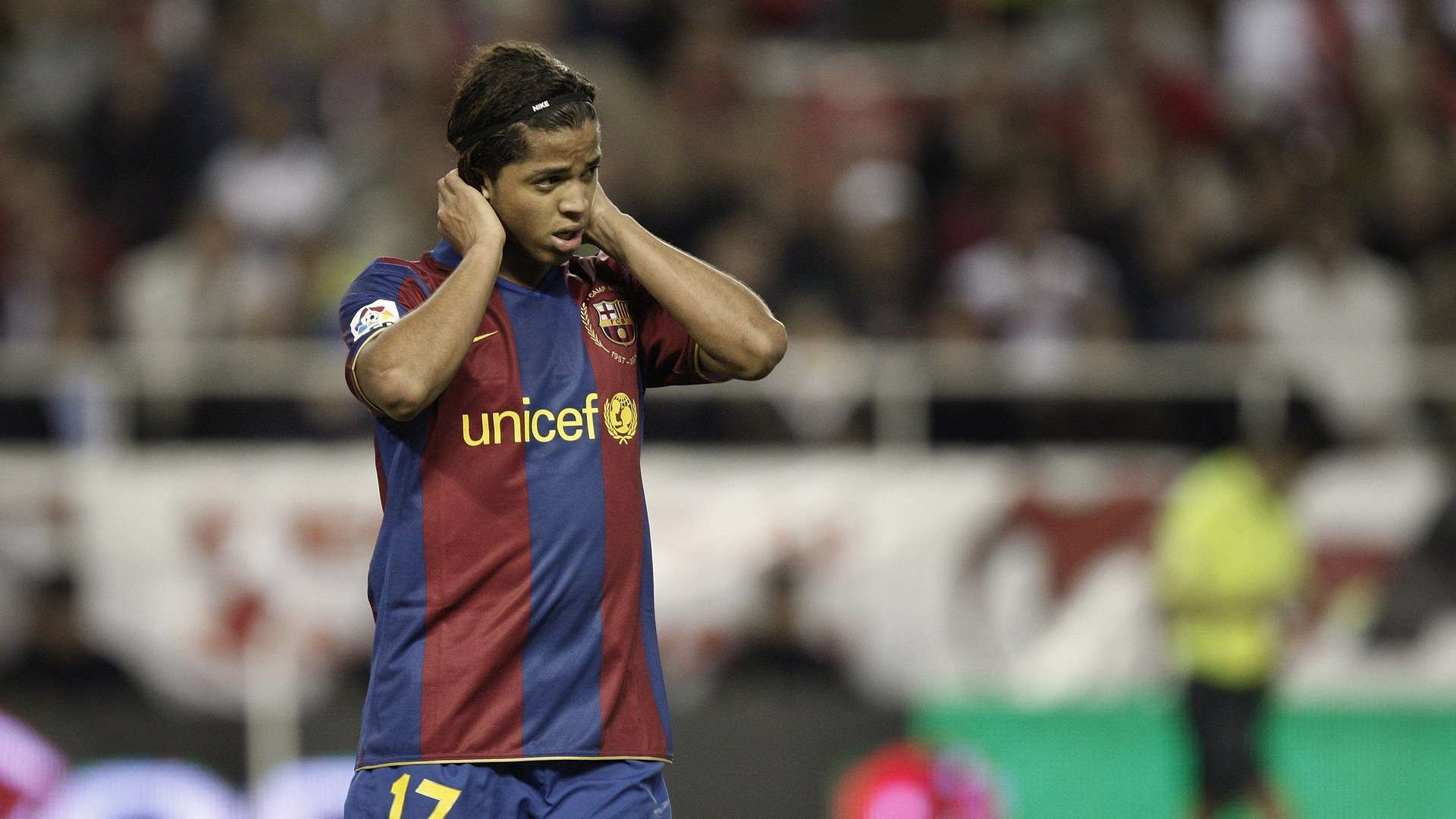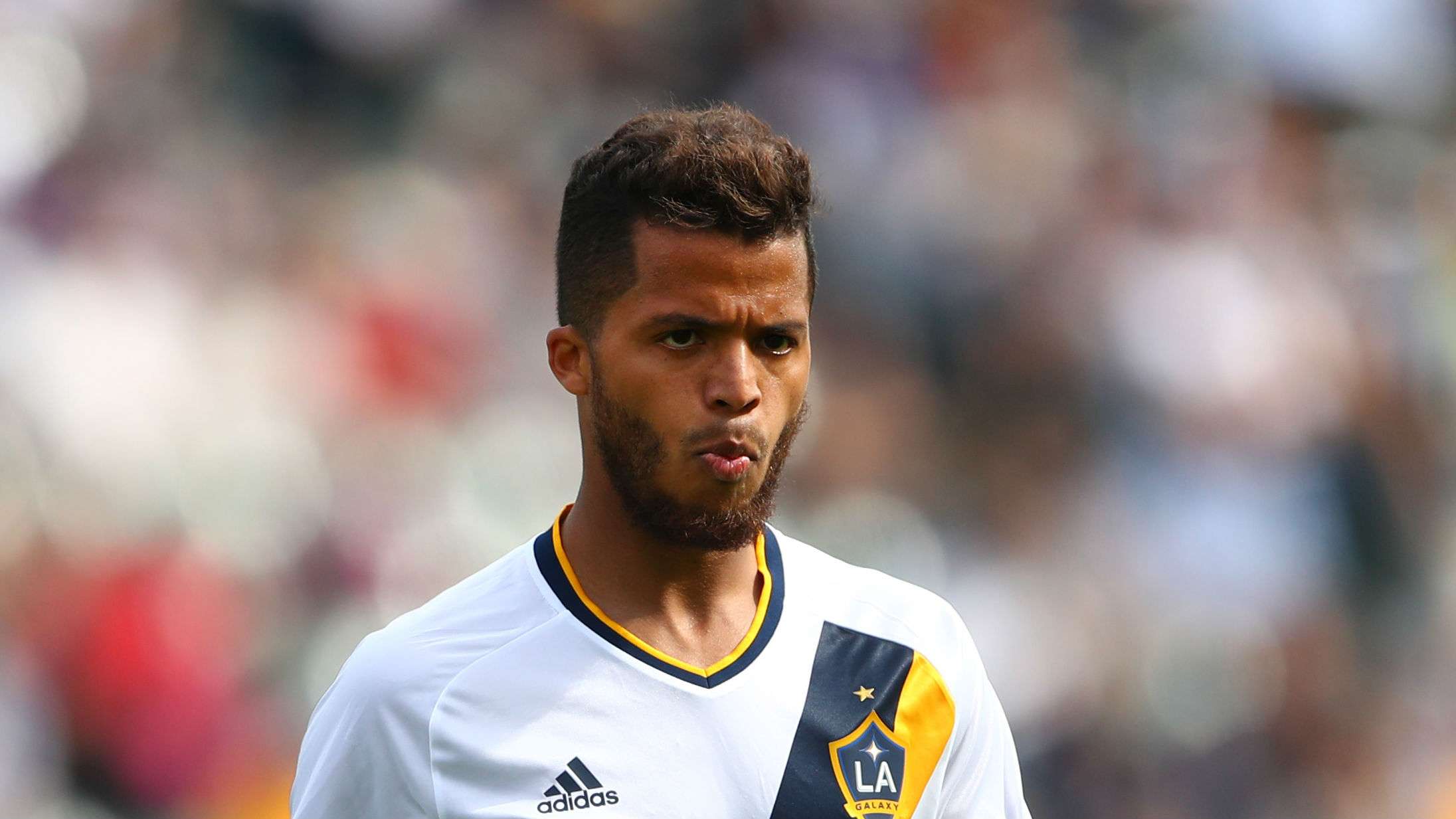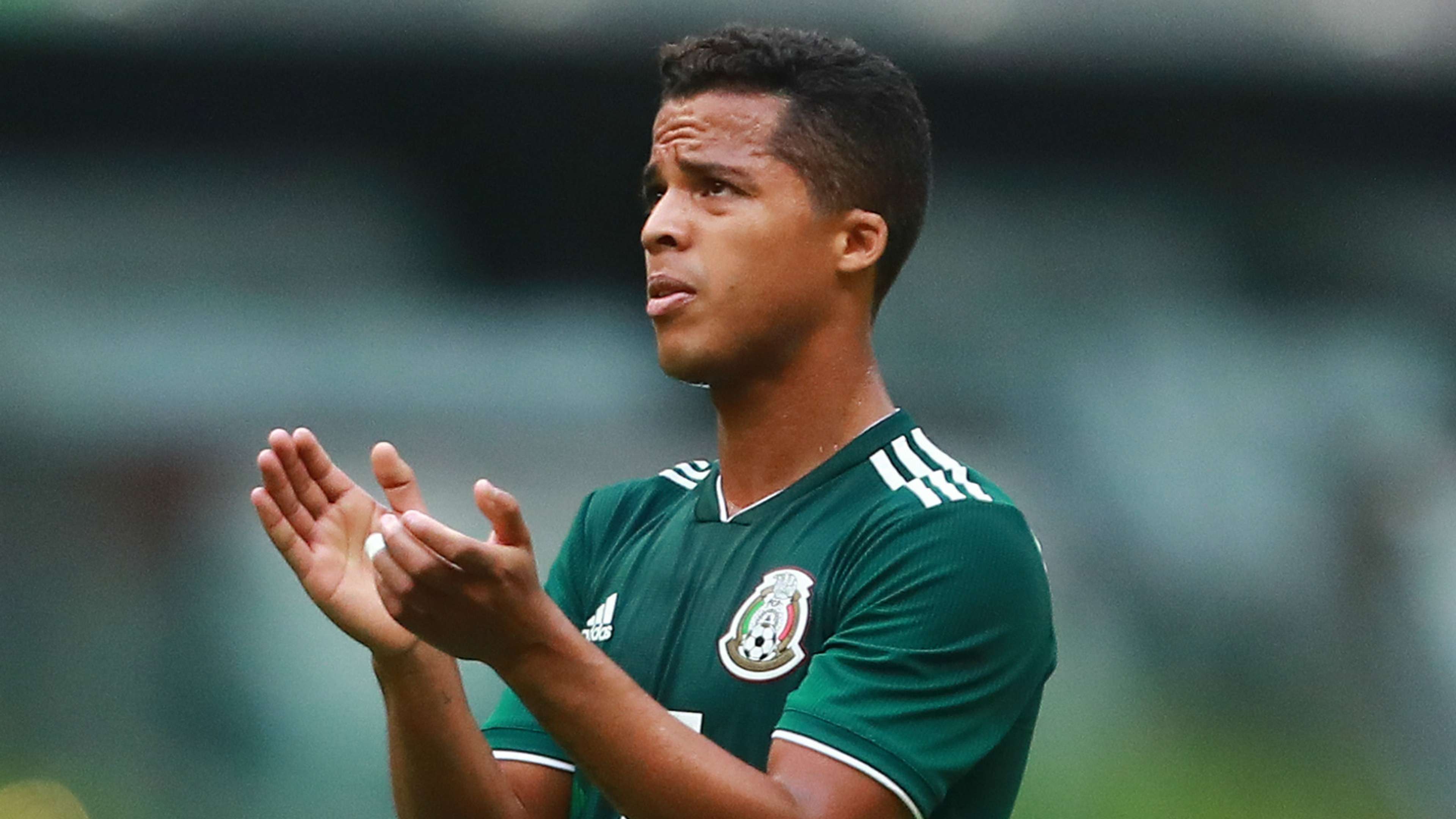Everyone agrees Giovani dos Santos has talent. Unfortunately for Dos Santos, everyone also agrees he’s never been able to get the most out of that talent.
"Based on his quality, he has come up short," Jesus Ramirez, who coached Dos Santos at the 2005 FIFA U-17 World Championship, told El Pais before the 2018 World Cup. "It was impressive what he and (Carlos) Vela did. His potential is high but I think he has held it back a bit."
As he once again begins hunting for a job after the LA Galaxy cut him lose, one can't help but wonder why he never could harness his full potential. How did this player, who already was in Barcelona's famed La Masia academy when he won the Silver Ball at the U-17 World Championship in Peru by helping Mexico to the title, not break through?
Dos Santos never found any consistency in Europe. After a year in the first team with Barcelona, he played in the Premier League, the Championship, the Turkish Super Lig and three different Spanish teams before, at age 26, he decided to return to North America. His signing with the LA Galaxy was a coup for Major League Soccer but represented a premature end to his European career. His future now is in the balance after being deemed surplus with the Galaxy.
Whether that lack of consistency early on was his fault or the European clubs' is up for some debate. It's difficult to find a place for a player on the field when you're not sure where to put him. Dos Santos plays best as a second striker, but many of his clubs have needed something else out of him. That has led to time as a playmaker, where there are moments of magic but infrequent chance creation, as an inverted winger, where Dos Santos often floats too far inside to look for the ball or to set up a chance for himself, or with the left-footer playing in his natural profile on the left side, where he often fails to make an impact.
The positioning issue dogged him with the Galaxy as well. He was electric in 2016, scoring 14 goals and dishing out 12 assists. While he kept getting playing time in 2017, he wasn’t able to produce as his place in the attack became less obvious. Last season, between injuries and time away on international duty, Gio ended up with only 823 minutes on the field, scoring three goals and notching two assists in 14 appearances.
 gettyimages
gettyimages
Minutes weren’t the problem in LA, which was a change from his time in Europe. Former Barca boss Frank Rijkaard actually gave Dos Santos opportunities, with the 19-year-old playing more than 1,000 La Liga minutes for the Blaugrana in 2007-08. It was there that the positional issues first emerged, with Gio too often looking to come inside to space where Lionel Messi already was operating. Ultimately, Dos Santos was outdone by Bojan Krkic. Dos Santos' fellow academy graduate set a club record with 10 goals in his debut season with the first team, making Dos Santos expendable. A €5 million offer from Spurs was too good for Barca to pass up, and Dos Santos was on his way to London. He arrived the same summer as Luka Modric, moving out of Bojan's shadow but into the one of a player who would eventually be named The Best.
Another potential derailment had emerged at Barcelona. Dos Santos' commitment to the sport often has come into question. Deserved or not, Dos Santos had a reputation for enjoying the nightlife wherever he played. Paparazzi in Barcelona and London snapped shots of him at nightclubs, and the party-boy label has stuck. After he went for a header that Agustin Marchesin claimed in the first leg of a 2016 Concacaf Champions League match, the then-Santos Laguna goalkeeper called Dos Santos a drunk and gestured as though he was drinking from a bottle. That prompted fans in Torreon to chant "Drunk" at Dos Santos in the return match.
His motivation often has been questioned. Between the partying and the decision to go to MLS rather than continuing on with Villarreal, Mexican fans held a very high standard for Dos Santos that he never was able to reach. The move to MLS was judged harshly. Dos Santos shined for relegation-bound Mallorca in 2012-13, then played back-to-back seasons with the Yellow Submarine. It was the first time in his career he played consecutive seasons with the same club, but he still jumped back across the Atlantic.
 USA Today
USA Today
The club struggles came in contrast to many of his moments with the Mexico national team. From 2005 on, Dos Santos has been there for El Tri time and time again. There was his incredible goal in the 2011 Gold Cup final, in which he stymied U.S. goalkeeper Tim Howard with five quick touches in the box and used his sixth to send a perfect chip into the top corner of the net. He scored three times in the 2012 Olympics, helping Mexico to the gold. Gio has three Gold Cup titles to his name and was named Most Valuable Player of the 2009 edition.
Even with those triumphs for his country, fans in Mexico have been hesitant to embrace him. When a 'what have you done for me lately' mentality is employed, the frustration is understandable. Former Mexico manager Juan Carlos Osorio ran into many of the tactical issues using Dos Santos that the club managers did before him.
Dos Santos' best days for the national team seem to be behind him. The 29-year-old should have enough in his legs to push for a spot on Mexico's 2022 World Cup roster, but now he has no club team and is working through an injury.
When Goal spoke with Dos Santos last year, he talked about reading books to help him think positively and about spending time with family rather than going out on the town in LA. He didn’t regret heading for SoCal in lieu of pressing on in Europe.
"If I take myself back to the moment of making the decision and if in that moment they'd have called from the teams you mentioned, I'd have chosen Galaxy," he told ESPN Mexico last year when asked if he should have returned to Spurs or moved to a bigger Spanish club instead of heading to LA. "I'm happy with the decision I've taken. I get up in the morning and I'm happy and that is what is important for me in the end. I greet my family, my brothers, my parents. Me being happy doesn't have a price."
In the grand scheme of things, his personal happiness is far more important than his sporting success. If he wants his career to have a happy ending, though, he has a long way to go.
Dos Santos will never match the lofty expectations so many had for him after his stunning performances as a teenager. Now, success is a much lower bar to clear. Gio needs to get healthy, find a club and get back in the national team picture. The pressure of the expectations should be off. Now he’s free to try and recapture the talent everyone always agreed he had inside him.
